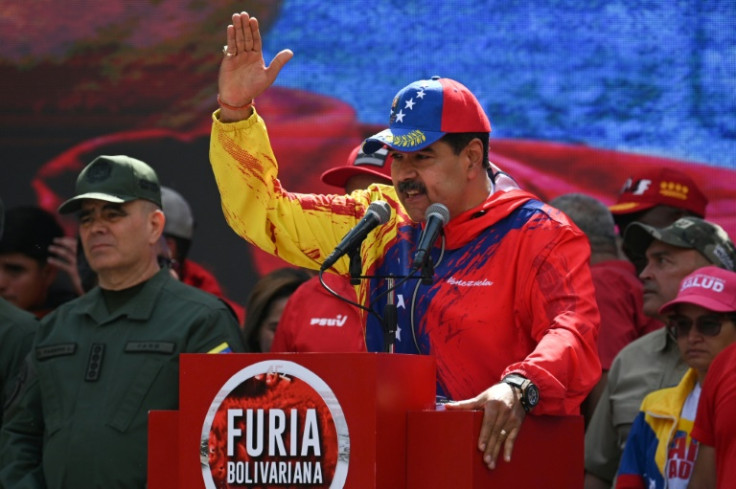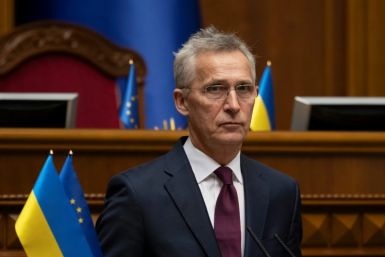Venezuela Invites EU To Observe Presidential Election

Venezuela has invited the European Union to send a team to observe presidential elections on July 28 in which President Nicolas Maduro is widely expected to seek another term.
Maduro's re-election to a six-year term in 2018 was not recognized by the United States and dozens of other countries, and was met with a string of sanctions.
The president of the National Electoral Council (CNE), Elvis Amoroso, said Thursday the body had sent invitations to the European bloc and United Nations, the US-based Carter Center NGO, BRICS and the African Union, among others.
Venezuela this week set a long-awaited election date, which comes after Maduro's government and the opposition agreed in Barbados last year to hold a free and fair vote in 2024 with international observers present.
The deal saw the United States ease sanctions against the oil-rich South American country, allowing US-based Chevron to resume limited crude extraction and leading to a prisoner swap.
The agreement required that opposition candidates be allowed to appeal court rulings disqualifying them from holding office.
Since then, however, the Supreme Court loyal to Maduro upheld a 15-year ban on opposition primary winner Maria Corina Machado.
Judges ruled in January that Machado had been "involved... in the corruption plot orchestrated" by former opposition leader Juan Guaido, now in exile.
The "plot," they said, was responsible for "criminal" sanctions against Venezuela.
The judges also confirmed the ineligibility of a possible opposition stand-in -- two-time presidential candidate Henrique Capriles.
After the ruling, Machado accused Maduro of seeking "fraudulent elections" and the United States announced it would reimpose some sanctions.
Since then, senior government official Diosdado Cabello has said elections would be held "without the presence" of the United States or the Organization of American States -- contrary to the provisions of the Barbados deal.
In January, Maduro said the Barbados agreement was "mortally wounded" after government authorities claimed to have foiled numerous US-backed plots to assassinate him.
In office since 2013, Maduro has not said he will seek a third six-year term, but is widely expected to do so.
A powerful ruling party official, Diosdado Cabello, said Wednesday he "had no doubt" Maduro would be the chosen candidate.
Cabello said the "rank and file" of the ruling PSUV party will choose a candidate in countrywide meetings in "an act of democracy" this week.
The candidate will be announced on March 15.
© Copyright AFP 2024. All rights reserved.











